When the river sues for damages
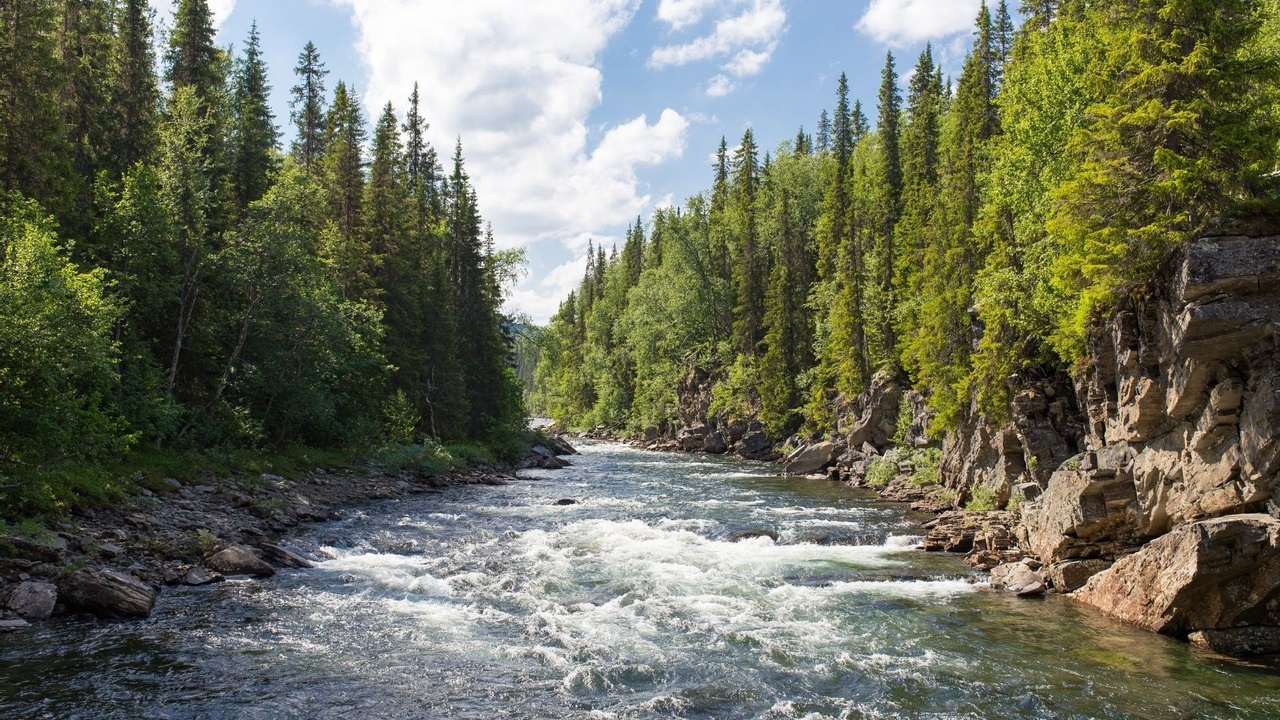
Should non-human beings and other elements of the natural world have rights? Could granting legal personhood be an important step when it comes to revolutionizing the way we protect nature around the world?
This is a very interesting concept, that although may seem a bit far fetched, is becoming a reality and may have the ability to make a significant difference when it comes to environmental protection!
And actually, when you think about the different environmental ethics that exist, it actually makes a lot of sense for elements of nature to be granted personhood.
Environmental ethics and the rights of nature
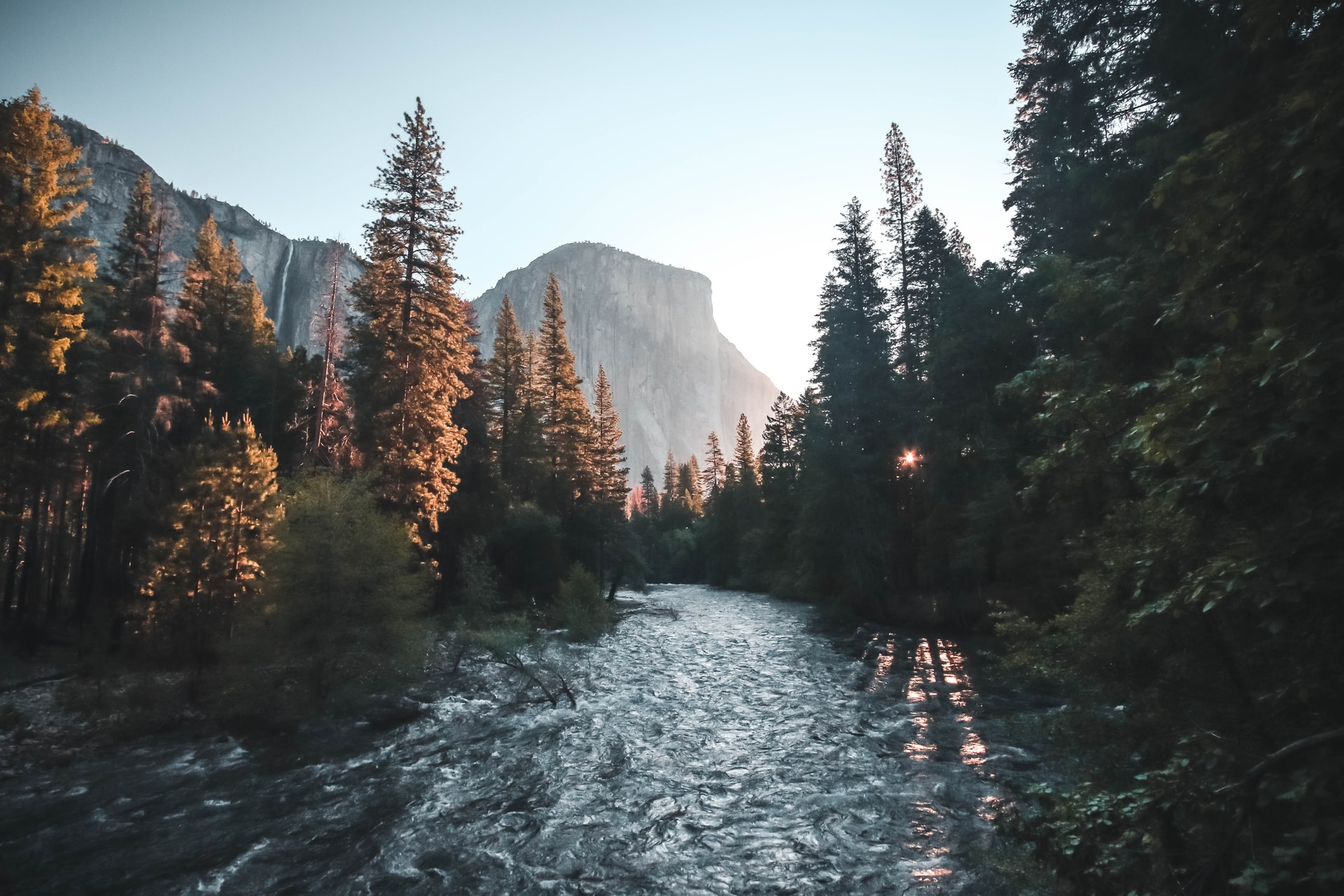
Your environmental ethic determines the way you view yourself (or humans in general) in relation to the natural world. Environmental ethics guide our moral relationship with the environment, as it helps us determine what behaviours, actions, and thoughts are ethically right when it comes to human interactions with the natural world.
Environmental ethics can be split into two main groups: anthropocentric and ecocentric (sometimes referred to as non-anthropocentric).
You might be able to guess what an anthropocentric environmental ethic entails based off of the name alone. The prefix “anthropo” comes from the ancient Greek word “Anthropos” which means “human being.” So, this information tells us that anthropocentric environmental ethics places an emphasis on humans.
More specifically, an anthropocentric environmental ethic views humans as separate from and superior to nature.
In contrast, an ecocentric (or non-anthropocentric) environmental ethic recognizes that humankind and nature are one in the same. Although there is often a physical separation between humans and the natural world, an ecocentric environmental ethic results in the understanding that humans are a part of nature.
What’s more is that within an ecocentric environmental ethic, all living creatures (not just humans) are thought of as having intrinsic value. This intrinsic value means that each species has a right to survive and be protected for no other reason than the fact that they exist in this world. With this logic, it makes perfect sense for non-human species and other elements of nature to be granted rights. After all, they too have intrinsic value, separate from the value that we might put on them.
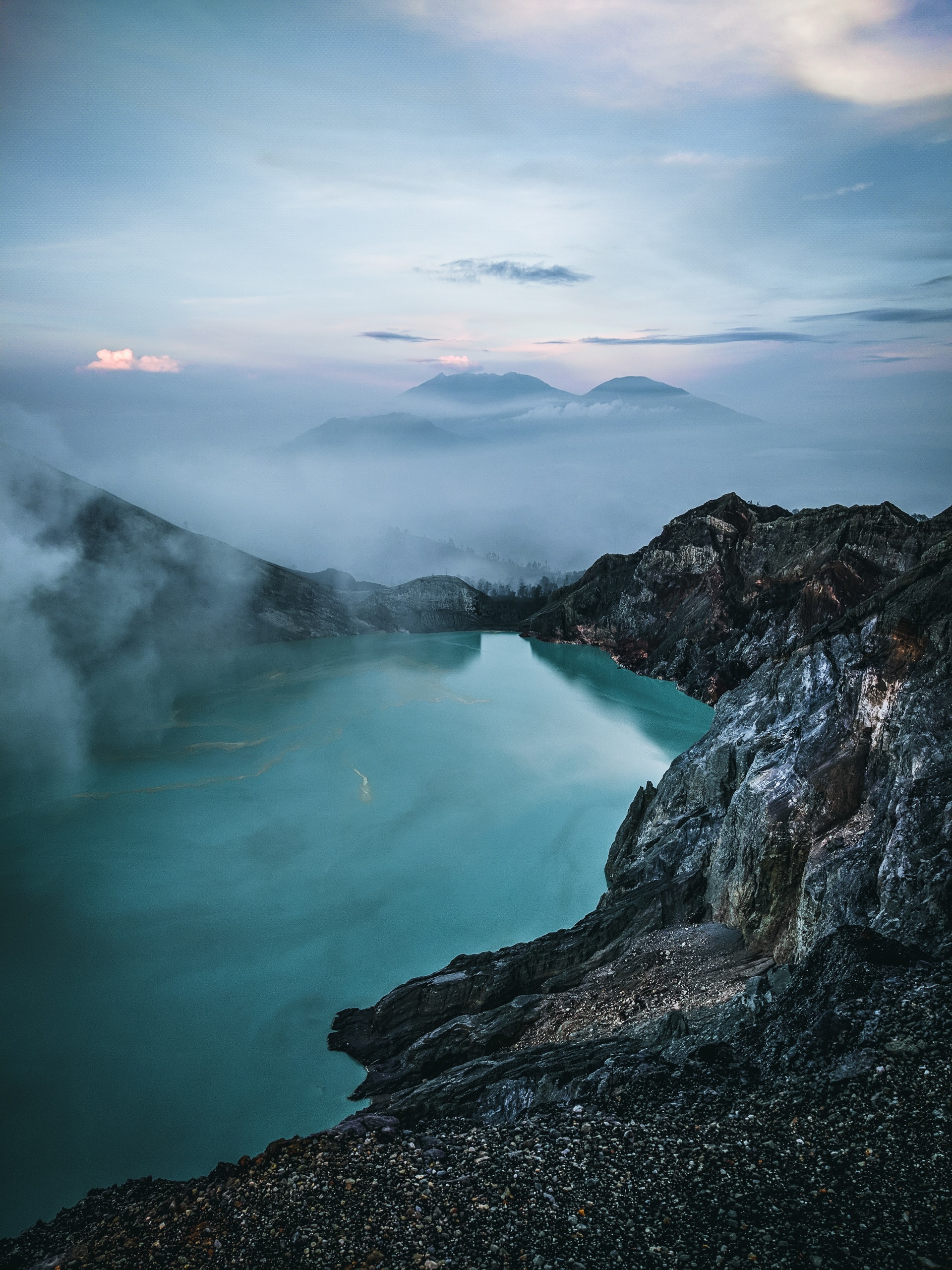
Applying ecocentric environmental ethics in real life
Although the idea of granting non-human elements of nature legal standing may seem like a new idea, it has actually been a topic of debate for quite a few years. In 1972, Christopher Stone, a legal scholar, wrote a book called “Should trees have standing? Toward legal rights for natural objects.”
In this book, he proposed redefining trees and other natural objects from objects to legal subjects in an effort to prevent environmental destruction of trees and other species.
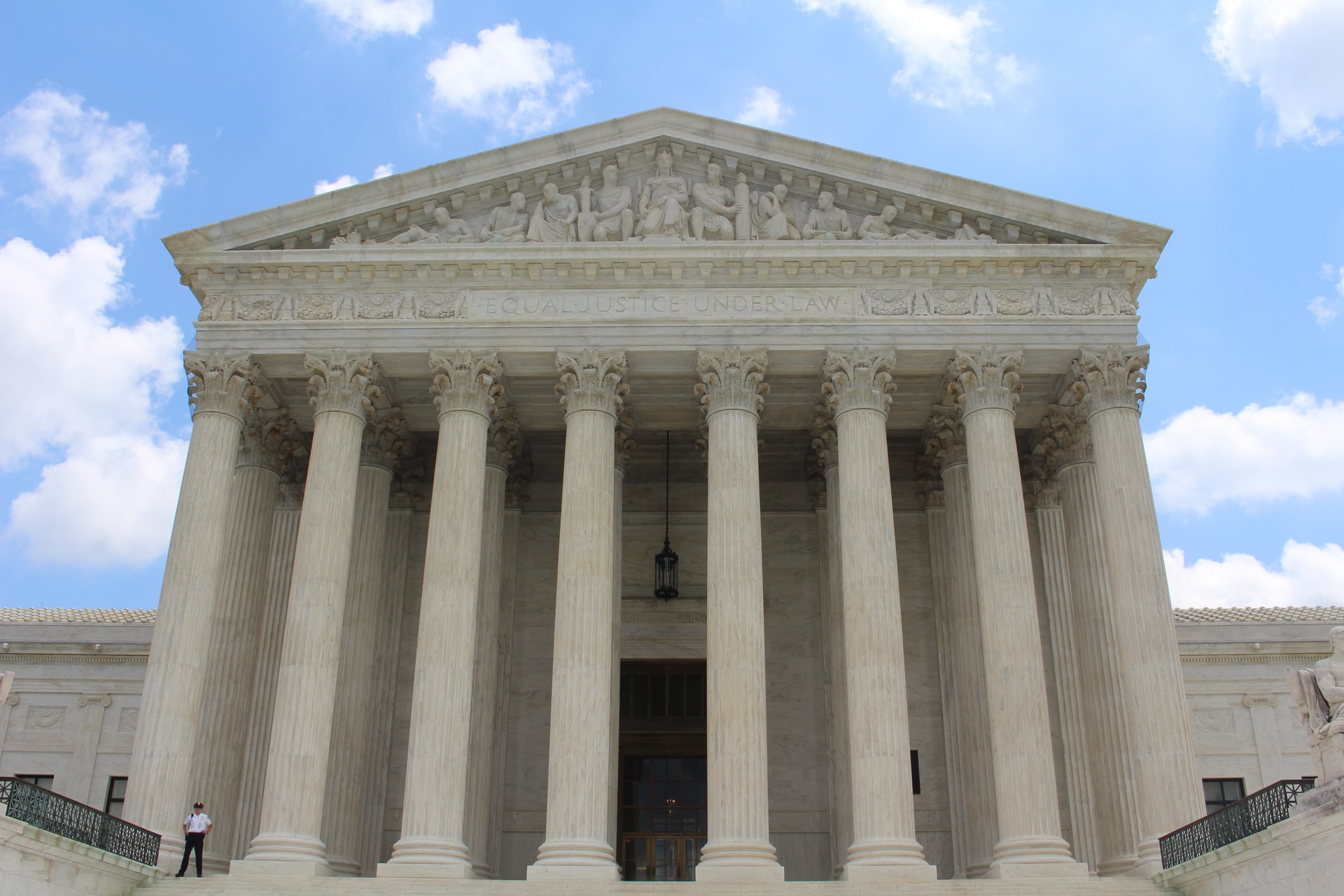
Stone states that he is “quite seriously proposing that we give legal rights to forests, oceans, rivers, and other so-called natural objects in the environment-indeed, to the natural world as a whole.”
Fast forward a few decades and this idea has become a reality!
The Personhood of rivers and other natural elements
The Ecuador Constitution was the first in the world to grant nature with rights:
“Nature or Pachamama, where life is reproduced and exists, has the right to exist, persist, maintain and regenerate its vital cycles, structure, functions, and its processes in evolution.”
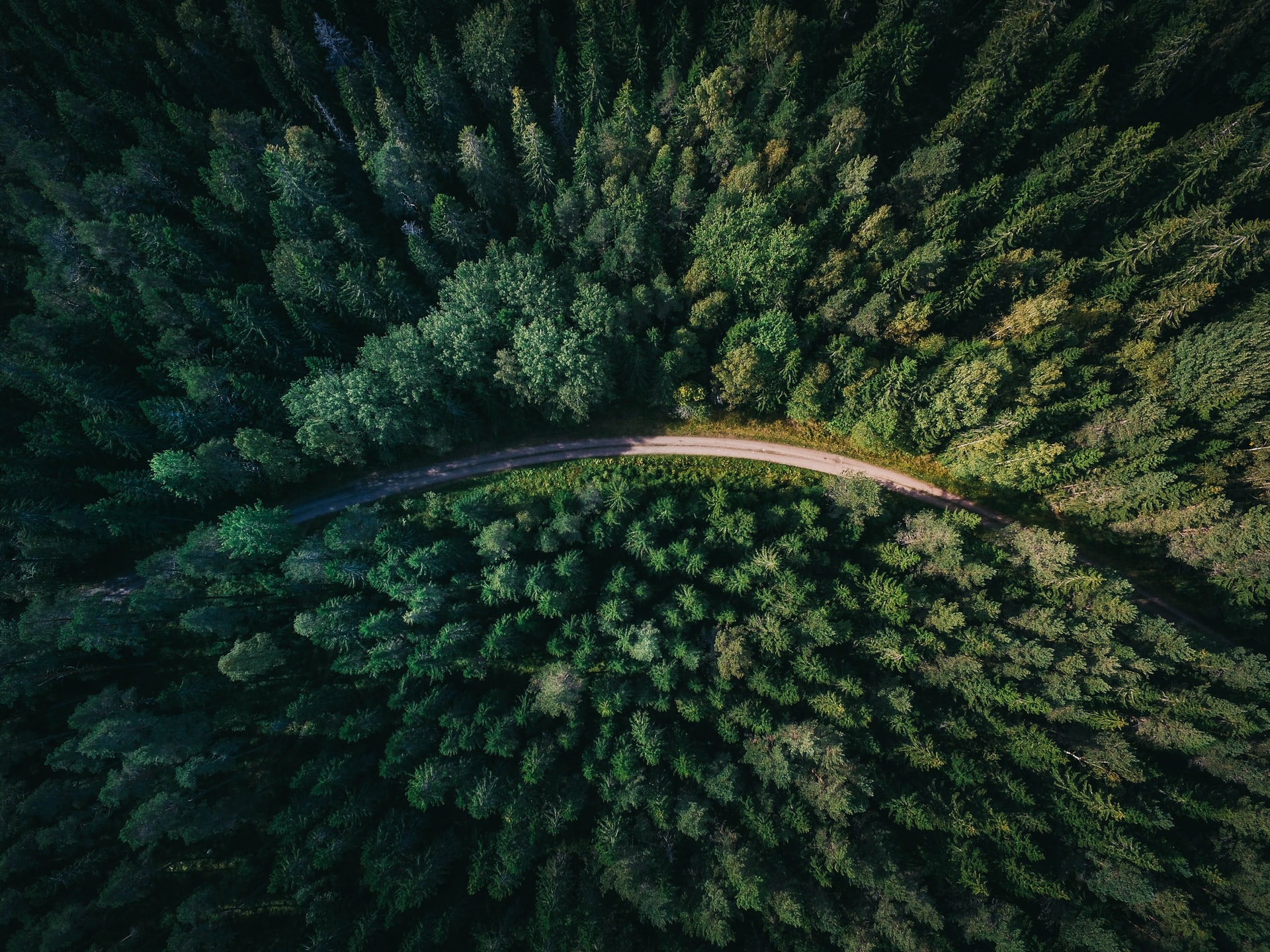
Similarly, in 2017, the northern Indian state of Uttarakhand ordered that the Ganges River and its main tributary, the Yamuna be declared as entities with rights that are equivalent to a living person. This means that pollution of the rivers is legally equivalent to harming a person.
Countries, provinces, and states around the world are catching on to this concept, as more and more natural elements are being granted personhood.
For example, just this past March, the Muteshekau-shipu river (also known as the Magpie River) located in Quebec was the first waterway in Canada to be granted legal personhood. This river was granted nine rights which include the right to flow, to maintain its biodiversity, to be safe from pollution, and even – the right to take legal action!
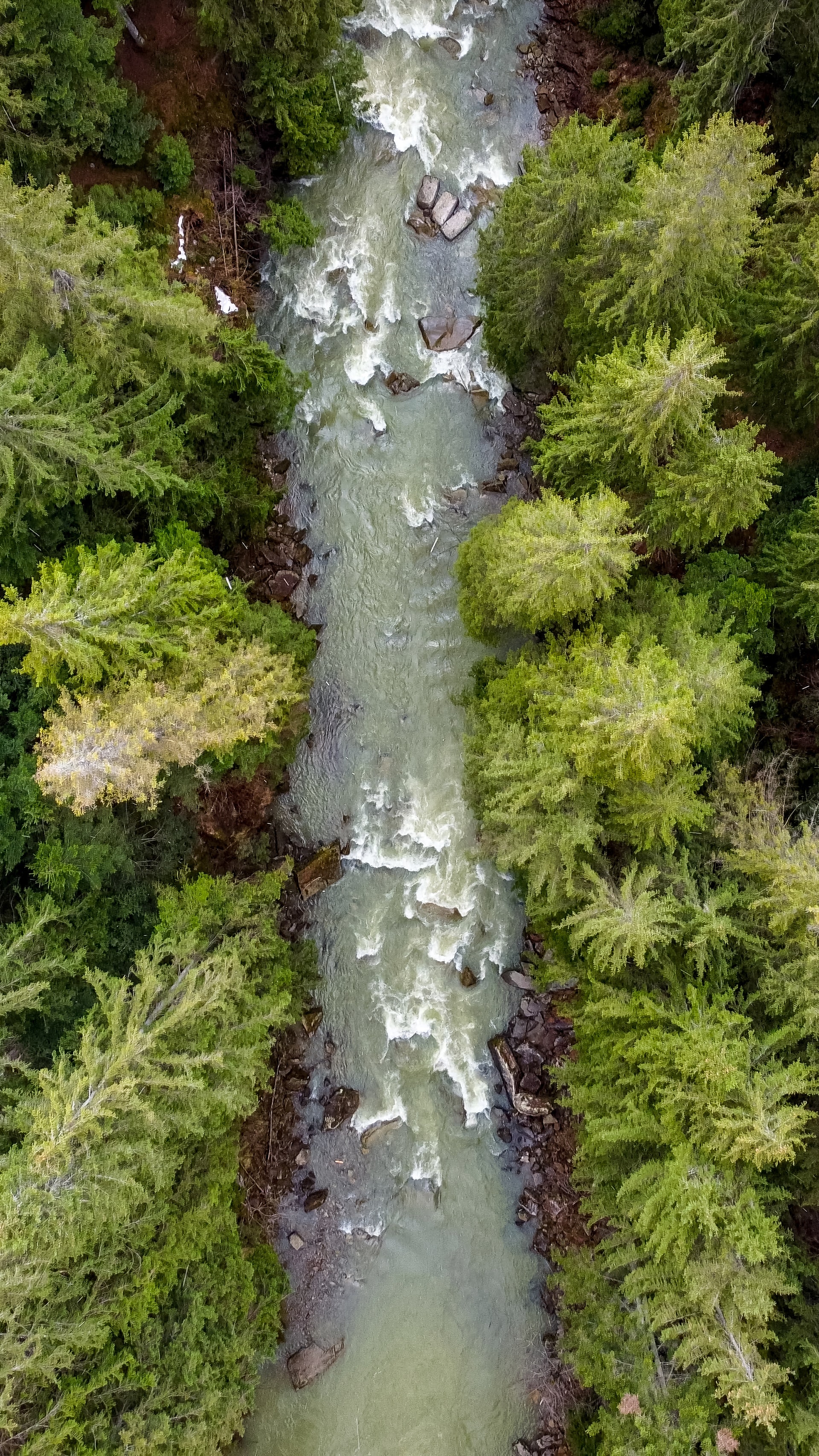
These rights have the potential to protect the Muteshekau-shipu river from Hydro-Quebec’s attempts to dam it.
Now, how exactly do rights protect natural elements like the Muteshekau-shipu river?
By giving natural elements such as rivers or forests rights, we are giving them legal standing in a court of law. This means that when it comes to legal concerns about the environment’s wellbeing, these natural elements will be able to have legal action brought forward on their behalf.
In most instances, environmental issues which are brought to court only involve humans. For example, there are usually corporations which are in favour of a certain type of development or activity and humans who are concerned with the environmental impacts of these activities.
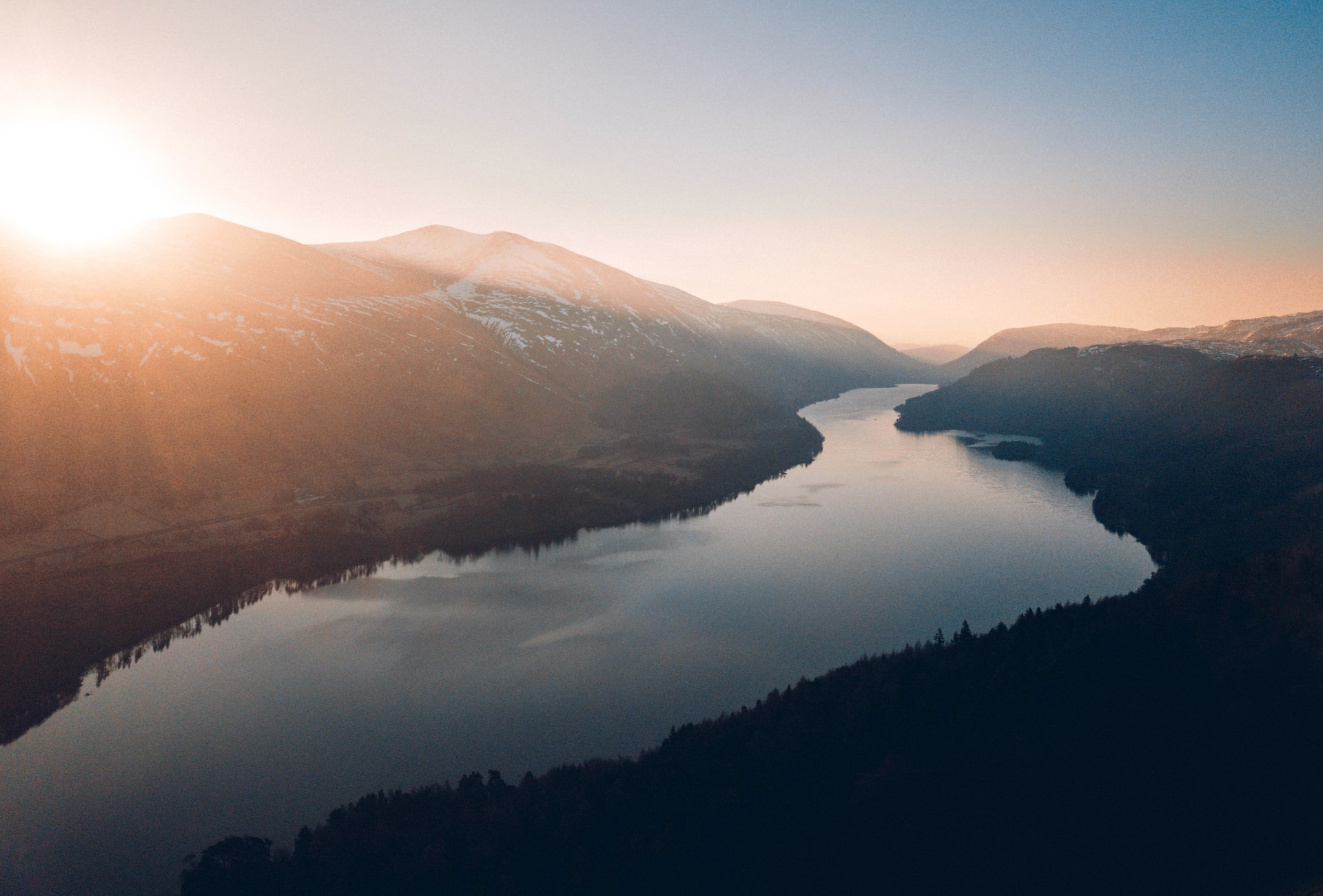
Now, with legal rights being granted to nature, environmental court cases won’t have to rely so heavily on human impacts. Natural elements will no longer need to be valued or protected by a group of people, land owners or activists. Now the law acknowledges their intrinsic value in these albeit few instances, their right to participate in court when they are being threatened.
Of course, trees, forests, rivers, and other natural elements can’t actually speak for themselves or show up in court, so certain guardians are appointed by the court in order to represent them in their legal affairs. If you see and want to acknowledge the intrinsic value of nature, why not take action and advocate for the rights of the natural world?
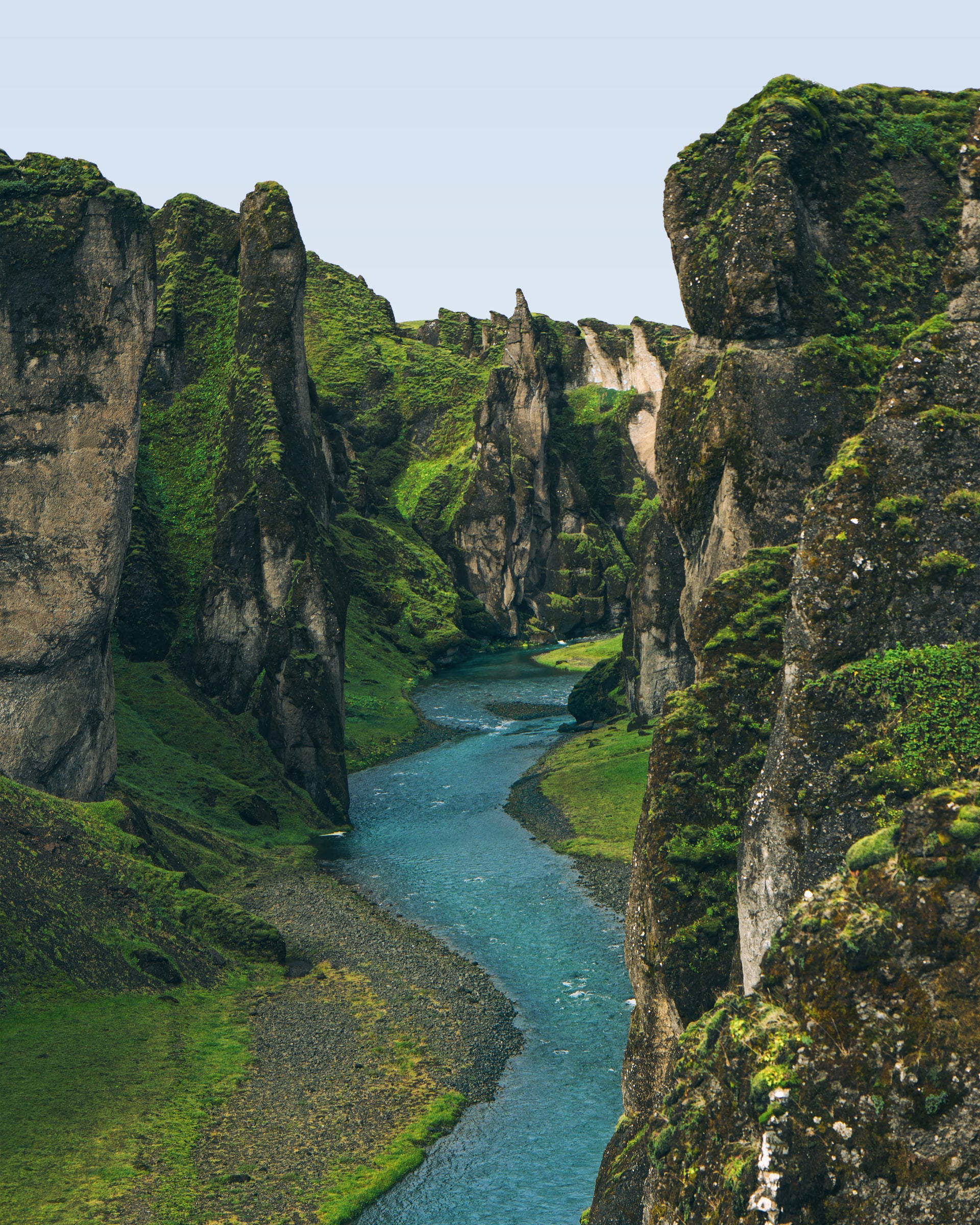
When it comes to the rights of rivers, you can sign the Universal Declaration of the Rights of Rivers which urges government officials at the municipal, state, provincial and national level to protect rivers by adopting this declaration.
Stay connected with news and updates!
Join my mailing list to receive the latest news and updates. Your information will not be shared.

